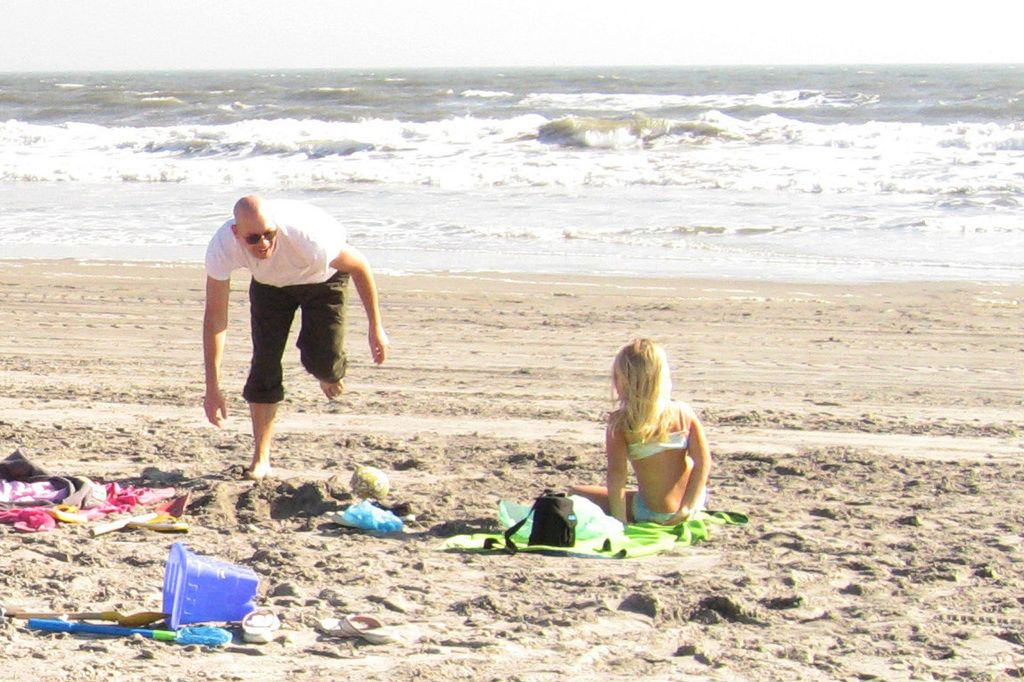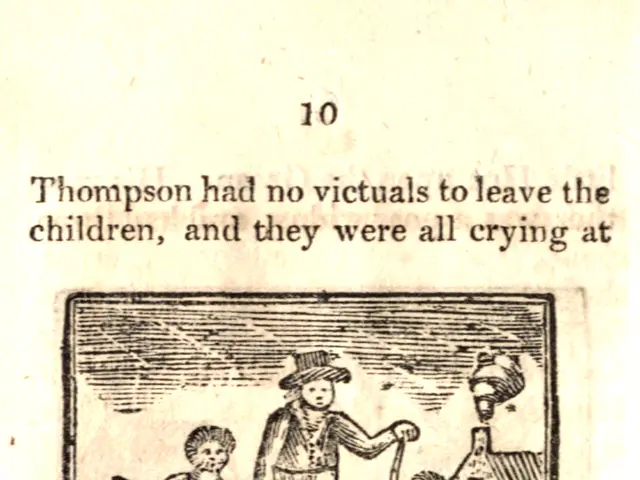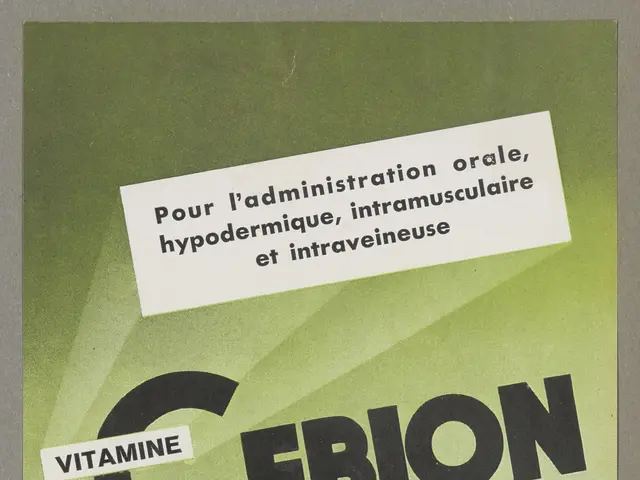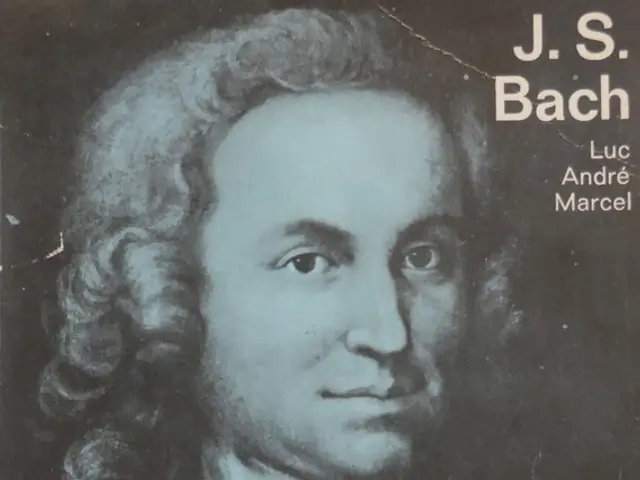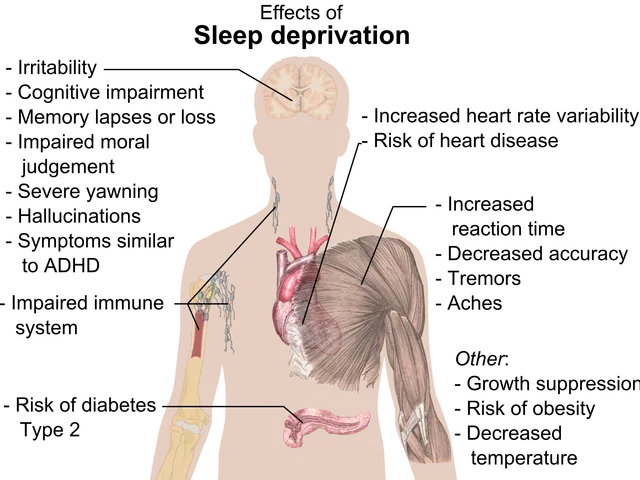"Quebec psychoanalysis renewal": conclusion has yet to be reached
In the heart of Montreal, a renaissance of psychoanalysis is on the horizon. For 25 years, Nicolas Levesque has been a driving force in the field, but now he's taking things to a whole new level with the publication of "For a Renaissance of Quebec Psychoanalysis." This groundbreaking book marks an 80-year milestone in the discipline's history in Montreal, and it's just the beginning.
The idea for this book originated from a reprint of the inaugural issue of the Frayage journal, "The Birth of Psychoanalysis... in Montreal" (1987). By revitalizing this text, Levesque sparked a collective effort, inviting psychoanalysts, clinicians, writers, and intellectuals to form a reading circle. This collaborative process resulted in a diverse, multidimensional book, featuring critical voices, testimonials, and perspectives on the clinical, cultural, and institutional aspects of psychoanalysis.
But Levesque insists psychoanalysis is far from outdated. He sees glimmers of a golden age ahead. "Perhaps we haven't seen its golden age yet," he says. "At first, there was vitality, creation, but institutions were lacking. Today, it's better organized... but perhaps the 'fire' is missing."
He believes that a new generation is poised to breathe life back into psychoanalysis. With society changing drastically, he envisions a reimagined psychoanalysis carried by the winds of change, uniting generations for the better.
Instead of organizing texts according to a stiff structure, Levesque opted for an intuitive approach. "I could have logically classified them by theme," he explains, "but I chose to mix tones, to create a large, multicolored canvas, like a Riopelle."
Three main themes run through the book—clinic, culture, and institution—forming a complex, multidisciplinary portrait of this fascinating discipline.
The book also tackles the consequences of Bill 21, a law regulating psychotherapy in Quebec in 2012. Anne Béraud, co-founder of the Pont freudien, returns to the impacts of this controversial law.
This book, according to its literary director, ushers in a new era: "This is the first time we've come together like this in a united front." It's a testament to solidarity and a rallying cry for a revitalized psychoanalysis.
Never one to shy away from collaboration, Martin Hervé and Louis-Daniel Godin co-authored an article exploring the links between literature and psychoanalysis. they argue that "from the start, the psychoanalytic discourse had to negotiate a literary dimension." This close relationship between psychoanalysis and literature extends beyond Freud's work, and traces a deep history of psychoanalytic influence in Quebec's literary landscape.
For Levesque, editing has become another way to practice psychoanalysis. "After 25 years in clinical practice, I needed a change of identity," he confesses. "But at its core, it's very close. The editor, like the psychoanalyst, enters the other’s universe, listens, then helps clarify their thoughts."
This book doesn't just cater to insiders; it also gives voice to lesser-known authors, whose fresh, new perspectives add layers of depth to this thought-provoking work. It's a book for those curious about the past, intrigued by the present, and eager for the future of psychoanalysis.
Also Read
- "Writing About Suicide is Easing the Pain"
- "The Dream of Marcus Aurelius," the Anti-Donald Trump Philosopher Emperor
Psychoanalysis and Politics
This book delves into the repercussions of Bill 21 on psychoanalysis, discussing its fragmentation and the need for unity. With a focus on a renewed dialogue between psychoanalysis and creation, and the discipline's necessary openness to culture, society, and politics, this book stands as a symbol of hope for the future of psychoanalysis in Quebec.
Suggested for you
- "I did it with the intention of not delaying the project," Sylvain Cloutier admitted to the Gallant Commission.
- "A Liberal bill would allow the imposition of a pipeline in Quebec, warns the Bloc."
- A Turkish student's arrest serves as a chilling illustration of Trump's repression.
- The book, "For a Renaissance of Quebec Psychoanalysis," not only delves into the clinical aspects of psychoanalysis but also explores its connections with culture, society, and politics, creating a multidisciplinary portrait of the discipline.
- Martin Hervé and Louis-Daniel Godin, in their co-authored article, argue that the psychoanalytic discourse has always had a literary dimension, a relationship that extends beyond Freud's work and traces a deep history of psychoanalytic influence in Quebec's literary landscape.
- The book also tackles the consequences of Bill 21, a law regulating psychotherapy in Quebec, and Anne Béraud, co-founder of the Pont freudien, discusses the impacts of this controversial law on psychoanalysis in Quebec.
